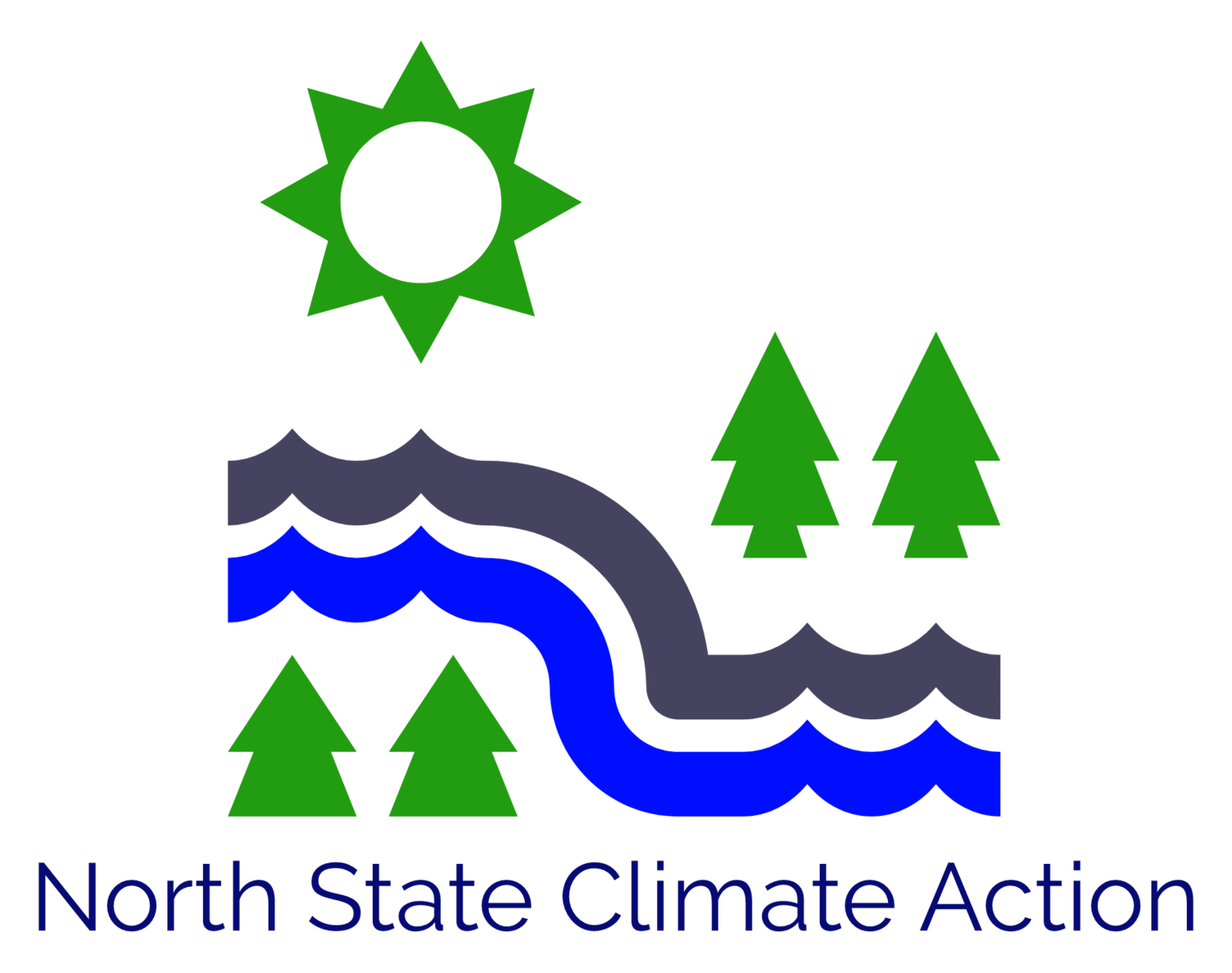Money in the Bank
You don’t have to fund climate change with your savings!
Ah, money in the bank! Feels good, doesn’t it? But the bank is not a safe, and usually, not safe at all.
Unfortunately, our largest banks have the resources and apparently the inclination to make loans to the fossil fuel industry. Since virtually every nation in the world agreed on the Paris Accord of 2015 to seriously curb greenhouse gas emissions, major US banks, which of course are not nations and not signatories to the Paris Accord but independent and publicly unaccountable businesses, have funded the fossil fuel industry to the tune of $1.4 trillion. That’s $1,400,000,000,000. That’s promoting fossil fuel use at a rate that blows way past the Paris goal of 1.5°C, or even 2°C, and that is feeding our increasingly erratic weather, which in turn feeds the globe’s increasingly erratic food supply, unstable political institutions, institutionalized crime, and border crises. It’s $1.4T to produce 73% of the USA's contribution to climate change (per US Energy Information Administration).
But the banks are independent, and their goal is not the common good. Our leading banks that are funding this climate chaos are JP Morgan Chase, Citi (yes, the ones Costco patronizes to provide your corporate rebate), Wells Fargo, and Bank of America.
So, banks are funding our short-term financial prosperity by supporting fossil fuel waste without paying to clean it up. What’s a responsible and caring working person–or retiree– to do?
–Would it help to move retirement accounts from banks to other major financial institutions? Sorry, no–the largest financial asset management firms–Vanguard, BlackRock, State Street, and Goldman Sachs–are no better than the banks.
–Maybe move our money into insurance company annuities? Nope. The industry, led by AIG, Travelers, Chubb, and Liberty Mutual, uses our assets to underwrite more fossil fuel exploration, extraction, infrastructure, and marketing, ensuring our continued financial commitment to fossil fuels.
So really, what can we do?
Some guidelines to keep your money from buying climate change:
Bank in smaller institutions. Smaller financial institutions are less apt to fund the fossil fuel industry, partly because they don’t have the tens of billions of dollars to provide to huge corporate developments, and partly because their focus is different. Smaller local banks with high scores for community investment include Cornerstone Community Bank (74% local) and Golden Valley (71%). (Compare, say, with Wells Fargo, which comes in at 38% local.)
Credit unions are particularly good just from a structural reality. They are not-for-profit and normally based in and for a locale. An example is Members 1st, a Redding/Chico based credit union, whose assets go 74% directly to the local community.
B-corp is real and valuable. B-corp certified institutions have legally defined their fiscal duty as including “verified social and environmental performance,” not just monetary profit.
Beware of greenwashing. Institutions often state ambitious climate goals that they then don’t meet. They market their energy-efficient new building and tout rosy verbiage, but still fund fossil fuel development. Use third-party resources to look at what financial institutions fund and underwrite.
Helpful (Third Party) Resources:
https://banklocal.info/ - offers a user-friendly guide to local banks and credit unions, favoring local focus.
https://mightydeposits.com/posts/environmentally-friendly-banks - allows you to set parameters for geography and values in searching for banks or credit unions.
https://stopthemoneypipeline.com/ - wide-ranging information on banking and campaigns to stop funding fossil fuel development.
A Final Thought:
Sometimes smaller banks and credit unions don’t offer all the conveniences, investment services, or even returns that larger institutions can. Consider that the smaller institutions are not being reciprocally funded by the fossil fuel industry that profits by dumping its waste on the world and on the future. If we believe in “paying as you go,” then we must be responsible for our waste; and in light of not funding fossil fuel development and its waste, smaller financial institutions are far superior to the big banks.
Information Sources:
https://stopthemoneypipeline.com/
https://mightydeposits.com/posts/environmentally-friendly-banks
https://www.bankingonclimatechaos.org/
